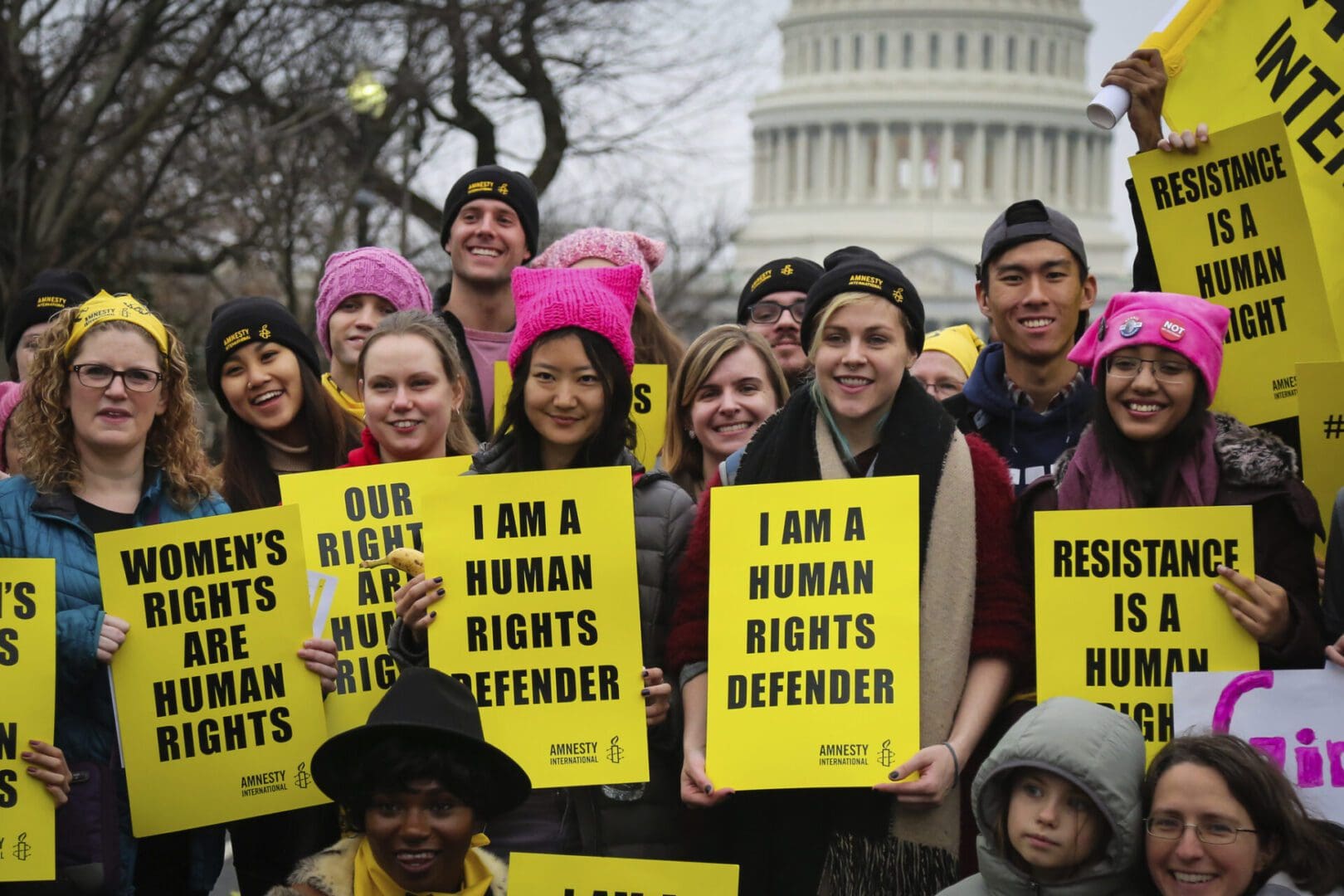Below are the instructions and form in which candidates were instructed to submit their responses.
Amnesty International USA Human Rights Questionnaire for 2020 Presidential Candidates


Below are the instructions and form in which candidates were instructed to submit their responses.